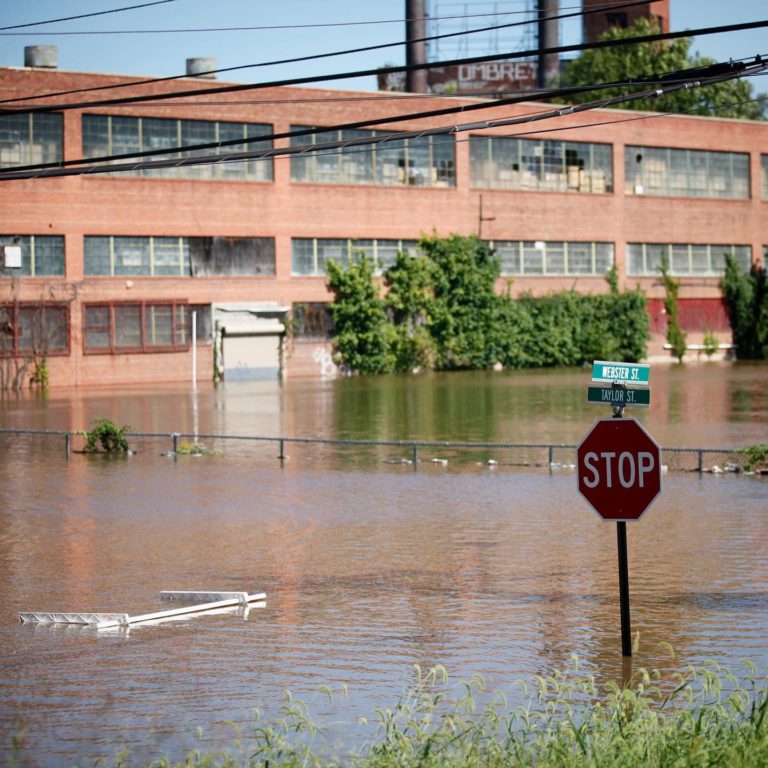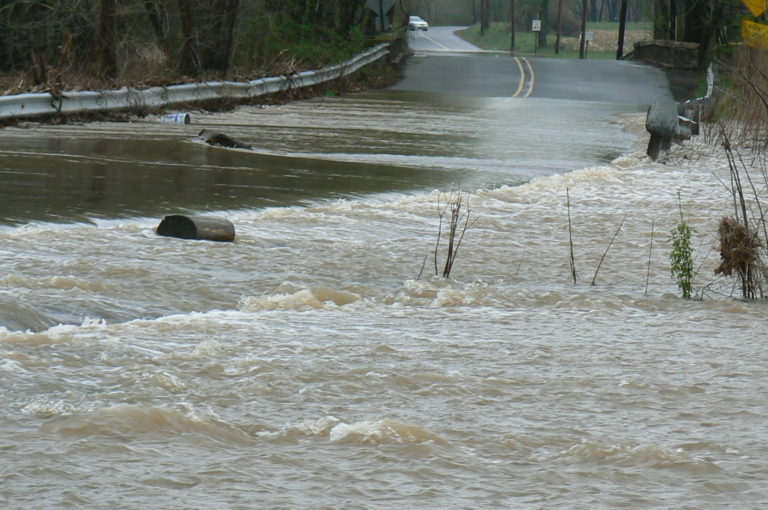The Environmental Protection Agency recently finalized its proposed Clean Water Act Section 401 Water Quality Certification rule. The June 1 ruling attempts to severely limit a state’s authority to protect its waters. When the Clean Water Act (CWA) was enacted in 1972, Congress was careful to respect the primary authority of states to protect their waters while providing for a federal program that set out basic protections for all the country’s waters. The Clean Water Act acknowledges this balance in its policy “to recognize, preserve, and protect the primary responsibilities and rights of States to prevent, reduce, and eliminate pollution.”
Another provision of the CWA, which sets out this balance, is in Section 401 on water quality certification. This provision creates a process by which any project that requires a federal license or permit must also obtain a water quality certification from the state. This process allows a state to review a project to determine whether the project will impact its waters. A state could grant the certification and allow the project to proceed or require modifications to the project to ensure protection to the waters. A state can also deny the certification and prevent a project from going forward because of the harmful impacts on the state’s waters.
As a result of states’ usage of Section 401 to deny natural gas pipelines, the Trump administration sought to limit the states’ review. One of the most significant changes in the rule is a limitation on what things a state can review to determine the proposed project’s impacts on waters. These new rules will not allow a state to consider non-point source pollution impacts from a proposed project on a water body. The rule also prohibits a state from looking at the proposed project’s contribution to climate change and related water impacts. Instead, the rule limits the states’ review to direct discharges of pollution into a waterway.
This new rule restricts what information a state can require before the agency may begin its review. But an agency may not have all of the information it needs to determine whether a project will impact its waters and there is no obligation for the applicant to supply that information initially or in a timely manner.
In another power grab, the rule also grants the EPA veto rights over a state’s final decision. However, the justification for this new authority cannot be found anywhere in the Clean Water Act.
We expect states and environmental organizations will challenge these new rules in court, as has been the case with many of this administration’s rollbacks of environmental protections.




